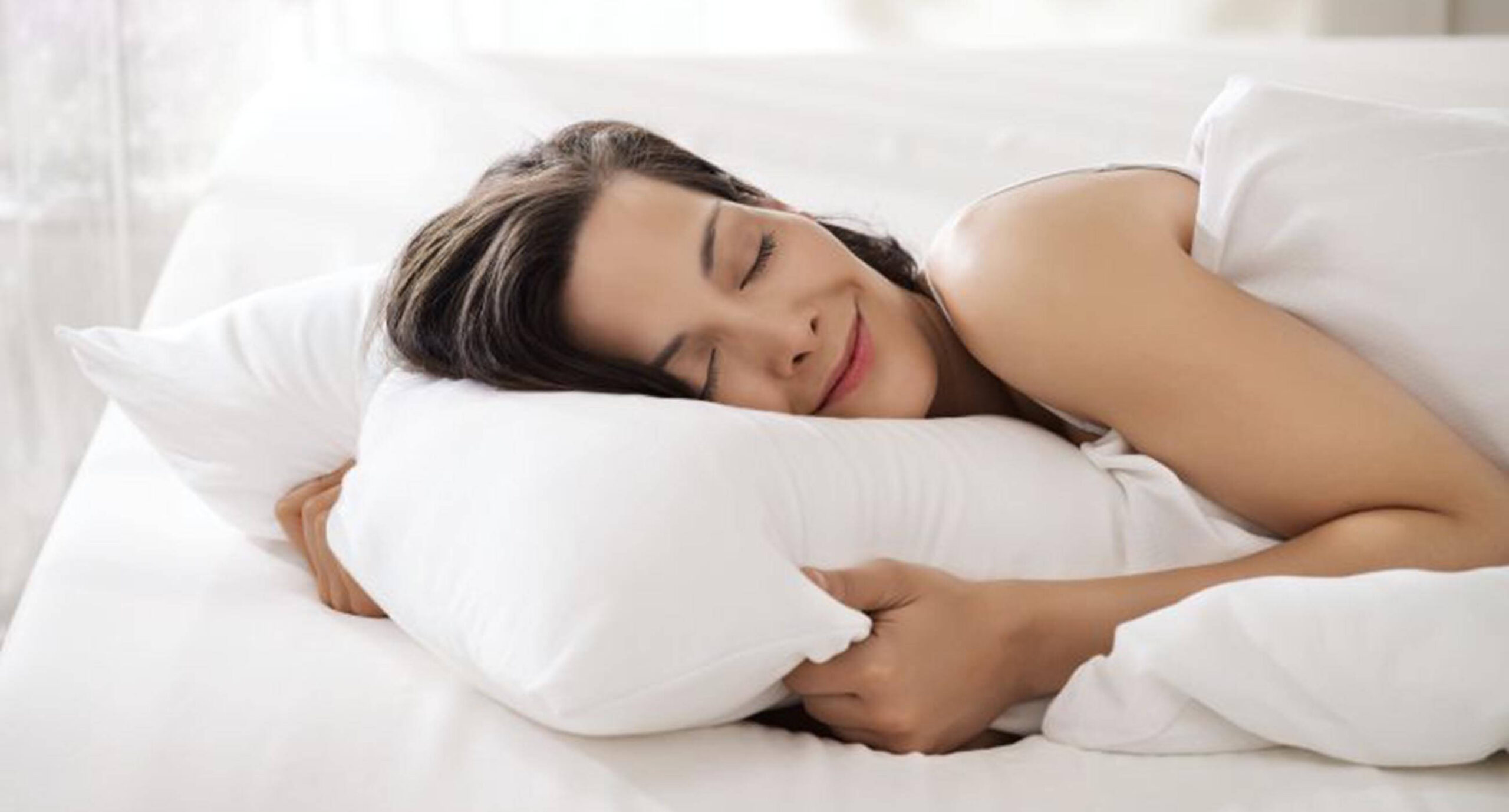
Sleep Well
Sleep is a vital indicator of overall health and well-being. We spend up to one-third of our lives asleep, and the overall state of our “sleep health” remains an essential question throughout our lifespan.
Women start to experience sleep problems in their middle adult not only to menopause, but our choices of being profoundly busy. Between demanding careers, raising children, caring for aging parents, volunteering in their communities, and certain health conditions can directly impact sleep.
Health conditions that can affect sleep can include:
Anxiety
Breathing problems
Dementia
Pain
Healthy Sleep Hygiene Tips and Tricks
Avoid overeating in the evening. It is best to have your last meal at least three hours before bed.
Avoid stimulants like caffeine and nicotine.
Use tools for neutralizing distractions which can include ear plugs, sleeping masks and a fan or other device to generate white noise if necessary.
Open the window if the weather permits or keep the temperature comfortably cool – between 60 and 75°F – and the room well ventilated.
Ensure your bedroom is equipped with a comfortable mattress and pillows. Remember that most mattresses wear out after ten years.
Use black out curtains to block out streetlights and early sunrise.
Turn the lights down low and avoid fluorescent and blue light. Avoid watching TV or using electronic screen before bedtime. Avoid video violence that can be overly stimulation or even cause bad dreams.
Turn off all electromagnetic field sources that might interfere with sleep time. Some studies suggest that EMF’s from power lines, electricity substations, home electrical wires, Wi-Fi Internet, cell phones, computers, home appliances, microwave ovens, hair driers, electric blankets can cause sleep disturbances to chronic disease. Keep cell phones, computers and electronic devices out of your bedroom.
Enjoy a soothing cup of nighttime herbal tea such as chamomile or nighty night before bed.
To ease your mind, practice restorative yoga poses or mediate.
Refuse to let all the frantic concerns of the day invade your evening hours. Save heavy discussions for the next day.
Take a hot shower, bath or sauna. Encouraging a gentle rise in body temperature tells your body to prepare for sleep.
Visualize all the problems, worries and negative emotions of the day being washed away, affirm positive attitudes or repeat a mantra as you head to bed.
Take a sea salt or Epson salt bath that has natural magnesium and other essential minerals.
If you wake in the middle of the night with a worry or concern that you just can’t shake, write it down.
Regular exercise is one of the best way to earn a good night’s sleep, but don’t exercise too close to bedtime as the stimulation may leave you finding it difficult to sleep.
Sex is good for sleep. It boosts oxytocin (a hormone that makes you feel connected to your partner) and lowers cortisol (a stress-related hormone). Plus, orgasms release prolactin, which help you feel relaxed and sleepy.
Consider taking natural remedies like valerian, kava, hops, chamomile, magnesium or melatonin.
Sleep Affirmations to help you drift off to sleep
- I release all the concerns of today
- I am free of all cares
- I can sleep well now
- I will breathe deep
- My mind and my body are ready to rest
- I am grateful for my body, my body is relaxed
- I did my best today, tomorrow is a new opportunity
- I enjoy a full night of sleep and will wake up recharged
- I am in a safe space to sleep
- I feel myself more at peace with every breath I take
- I am at peace with the universe
- I am healthy and I thank my body with a good night of rest
- I heal through my sleep
- I welcome a peaceful nights sleep
- My eyes are closing effortlessly, I enjoy a deep nights sleep
- I sleep deeply and wake rested
For a personal winning sleep routine, contact Well-Being Transformational Coach Tina D’Angelo.